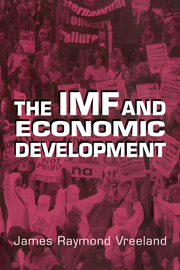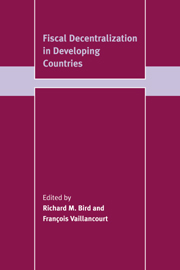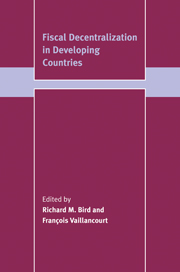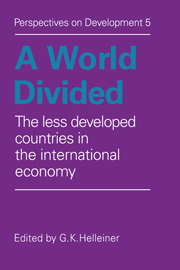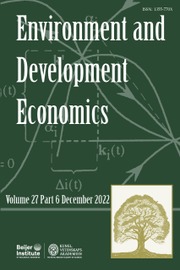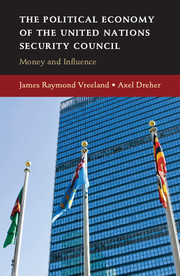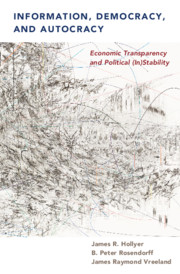The IMF and Economic Development
Why do governments turn to the International Monetary Fund (IMF) and with what effects? This book argues that governments enter IMF programs for economic and political reasons, and finds that the effects are negative on economic growth and income distribution. By bringing in the IMF, governments gain political leverage - via conditionality - to push through unpopular policies. Note that if governments desiring conditions are more likely to participate, estimating program effects is not straightforward: one must control for the potentially unobserved political determinants of selection. This book addresses the selection problem using a dynamic bivariate version of the Heckman model analyzing cross-national time-series data. The main finding is that the negative effects of IMF programs on economic growth are mitigated for certain constituencies since programs also have distributional consequences. But IMF programs doubly hurt the least well off in society: they lower growth and shift the income distribution upward.
- Using cross-national data from the post-war period, this book shows that IMF programs hurt economic growth and income distribution
- Argues that governments turn to the IMF not just for loans but also for political leverage to push through unpopular policies
- Stresses importance of accounting for nonrandom selection into IMF programs when evaluating program effects
Reviews & endorsements
"The most important book on the effects of programs on the economic growth experiences of developing countries." Perspective on Political Science
"This monograph by political scientist Vreeland should be of great interest to political scientists, international relations specialists, and economists. The book makes important contributions in its content and accessibility.... Highly recommended." Choice
Product details
February 2011Adobe eBook Reader
9780511838989
0 pages
0kg
37 b/w illus. 24 tables
This ISBN is for an eBook version which is distributed on our behalf by a third party.
Table of Contents
- List of tables and figures
- Acknowledgements
- 1. Introduction
- 2. Analytically significant cases
- 3. An analytical approach to the politics of IMF agreements
- 4. Testing the selection story
- 5. The effect of IMF programs on economic growth
- 6. Distributional consequences of IMF programs
- 7. Conclusion
- Appendices
- References
- Index.

